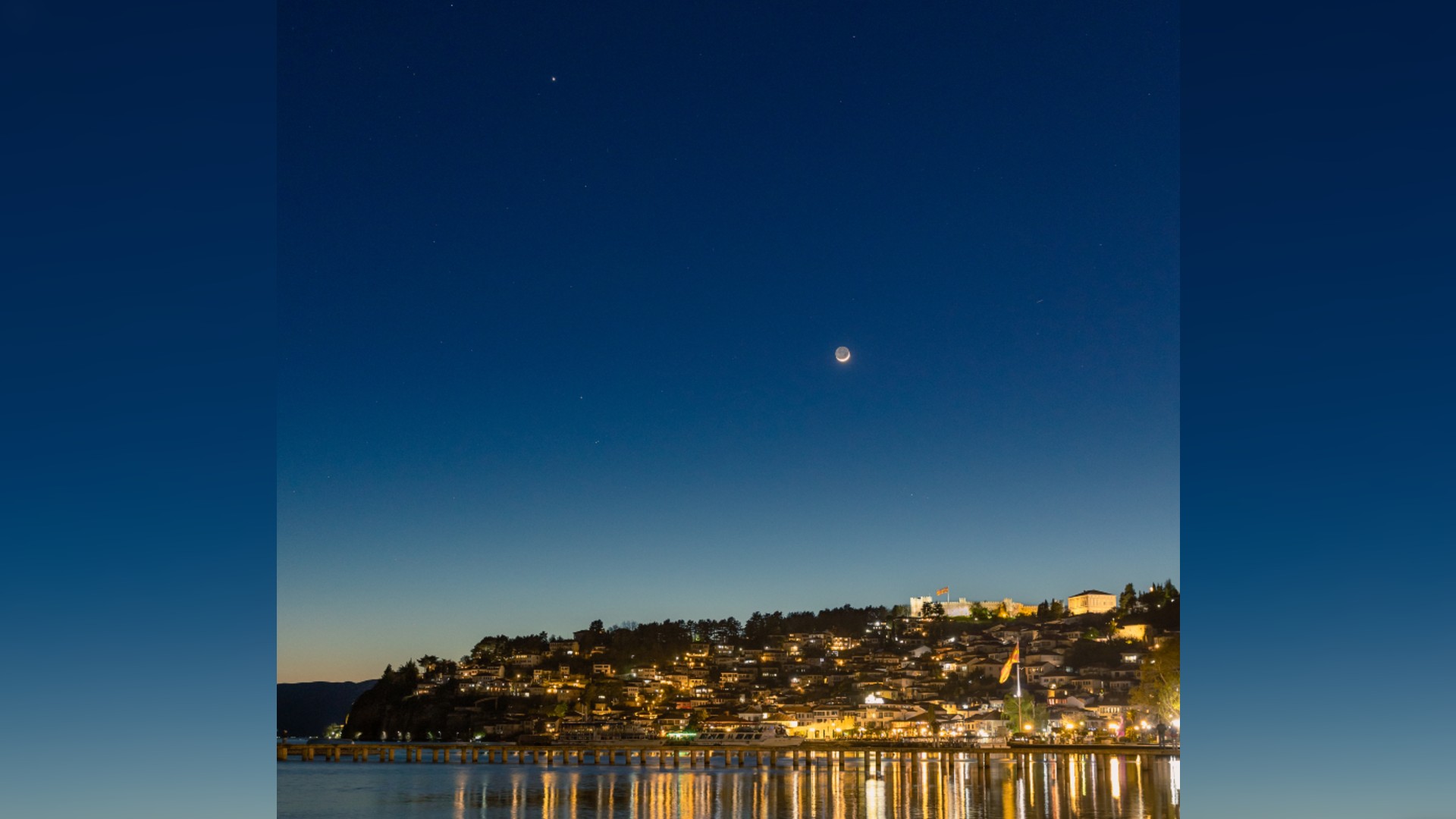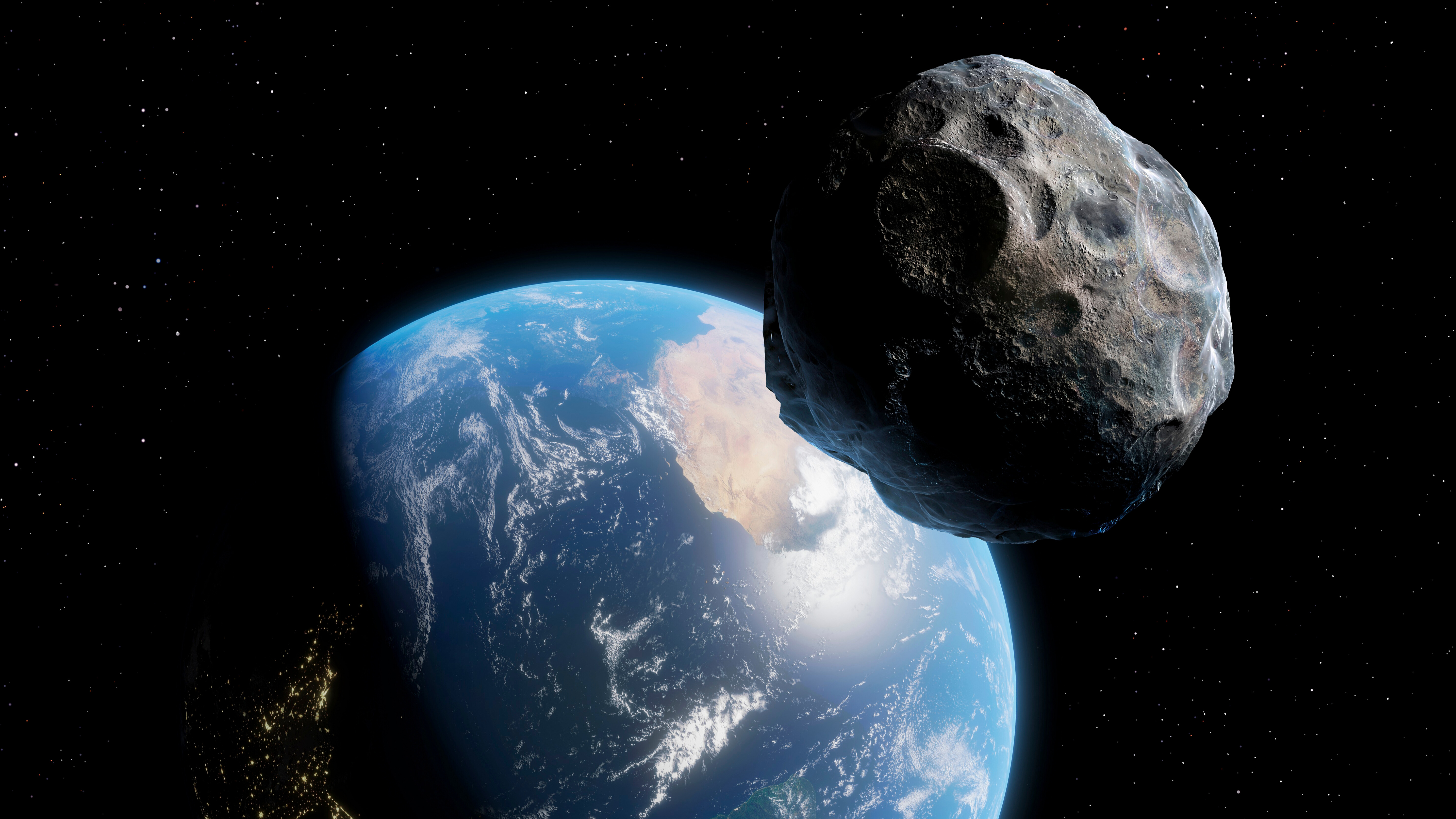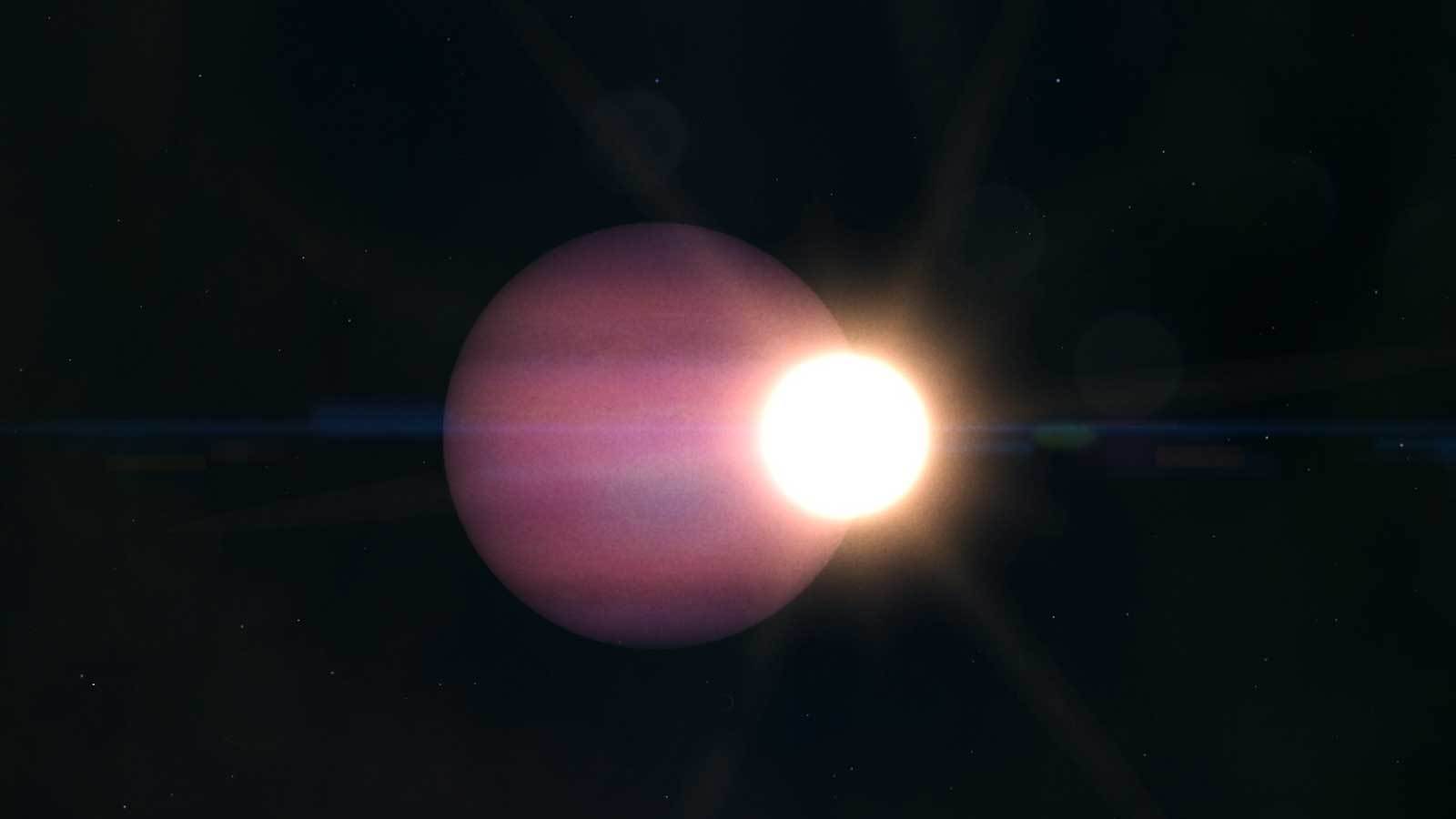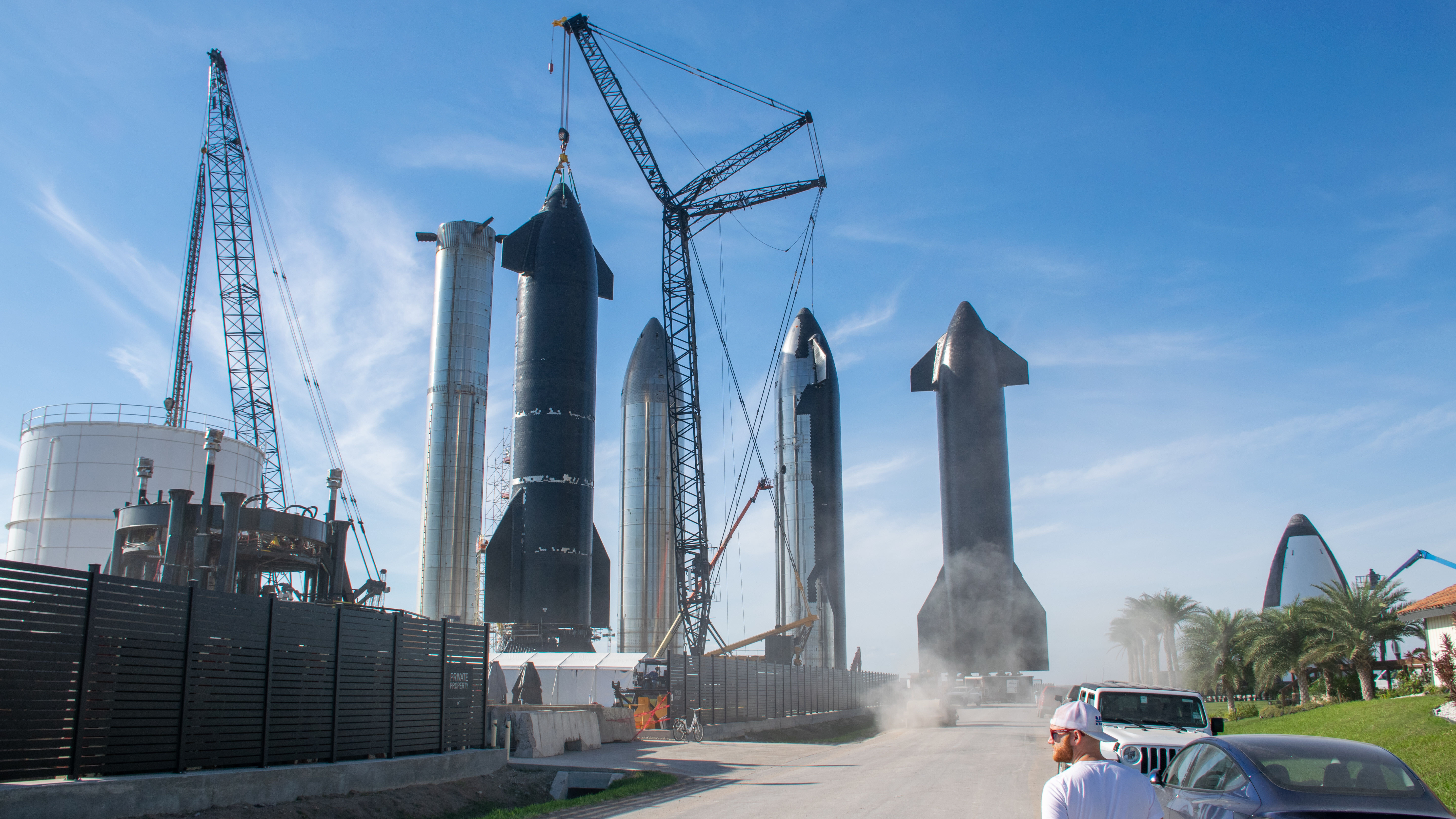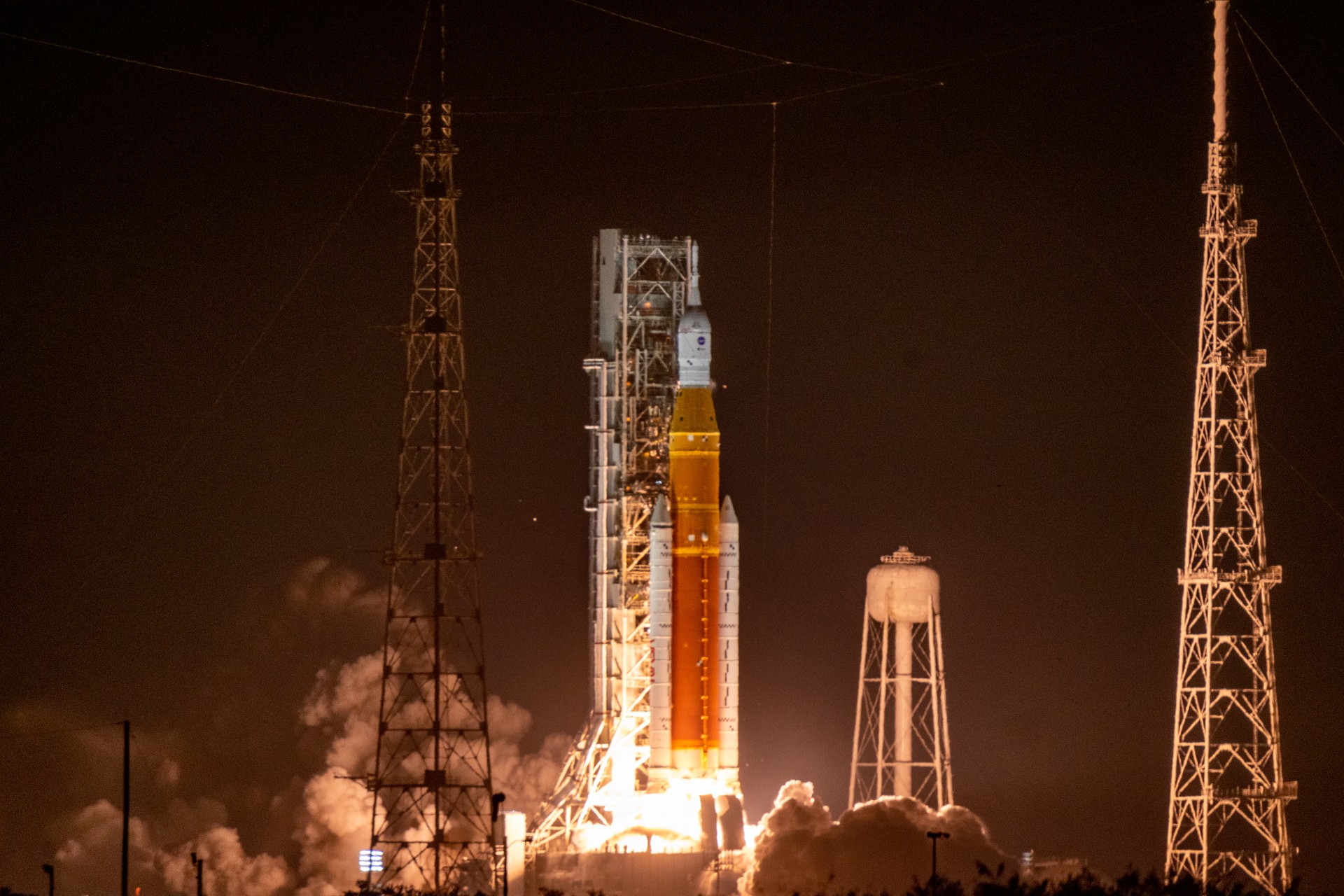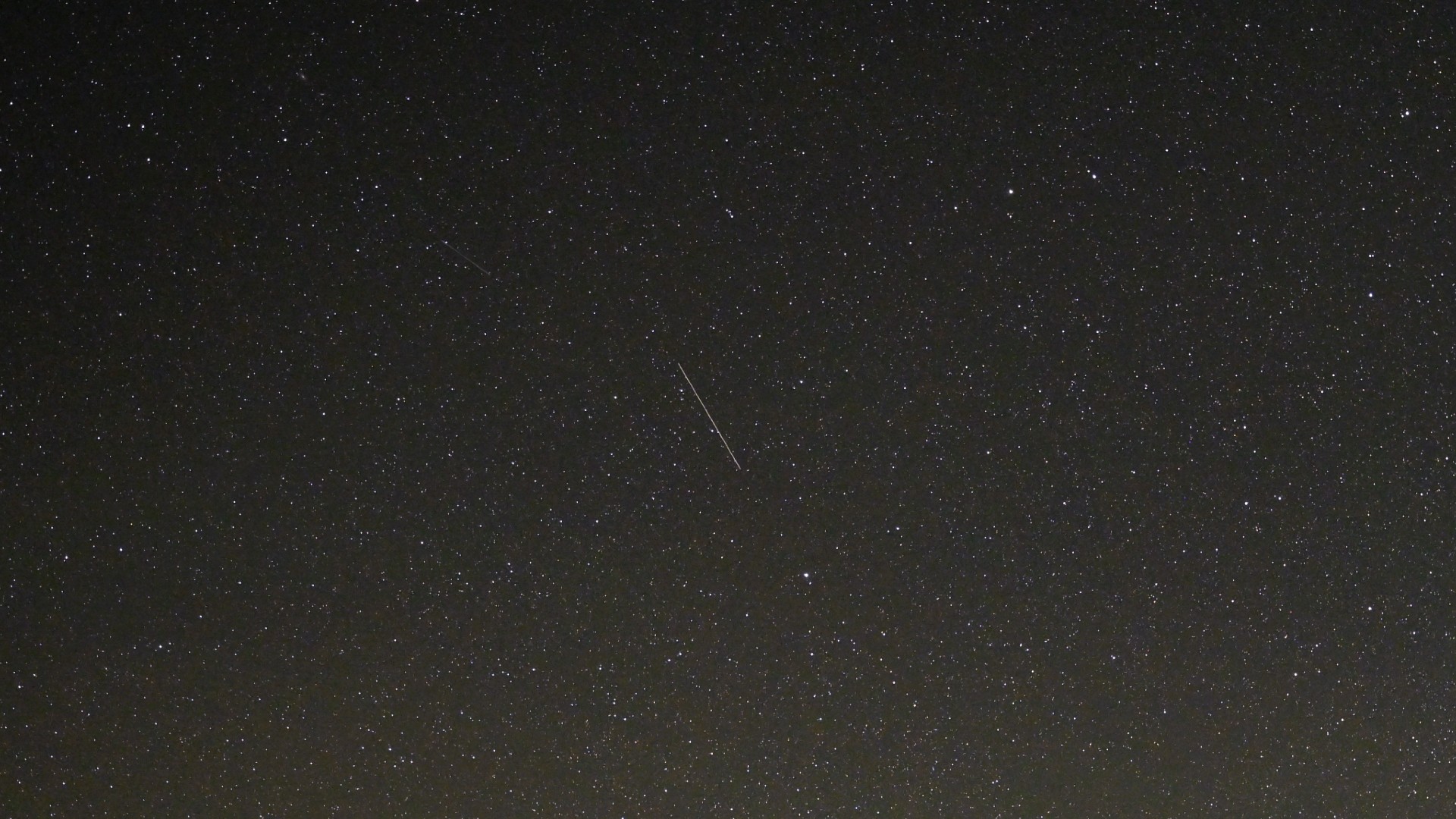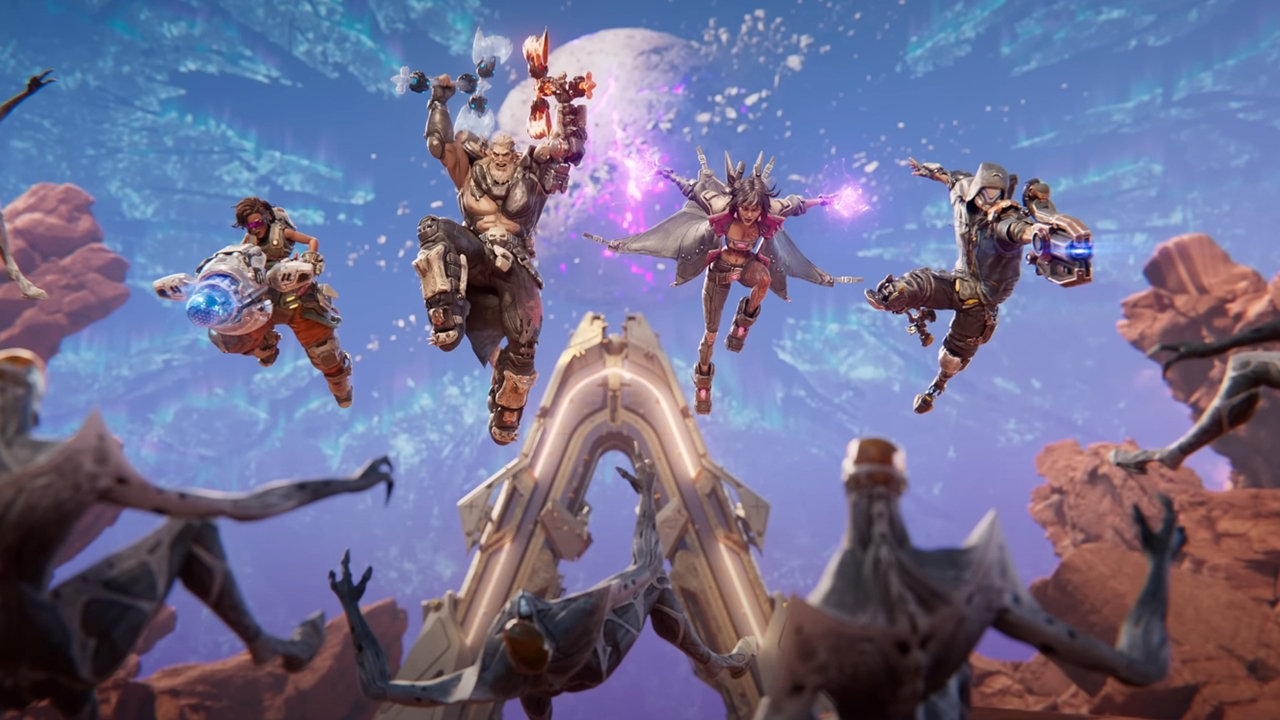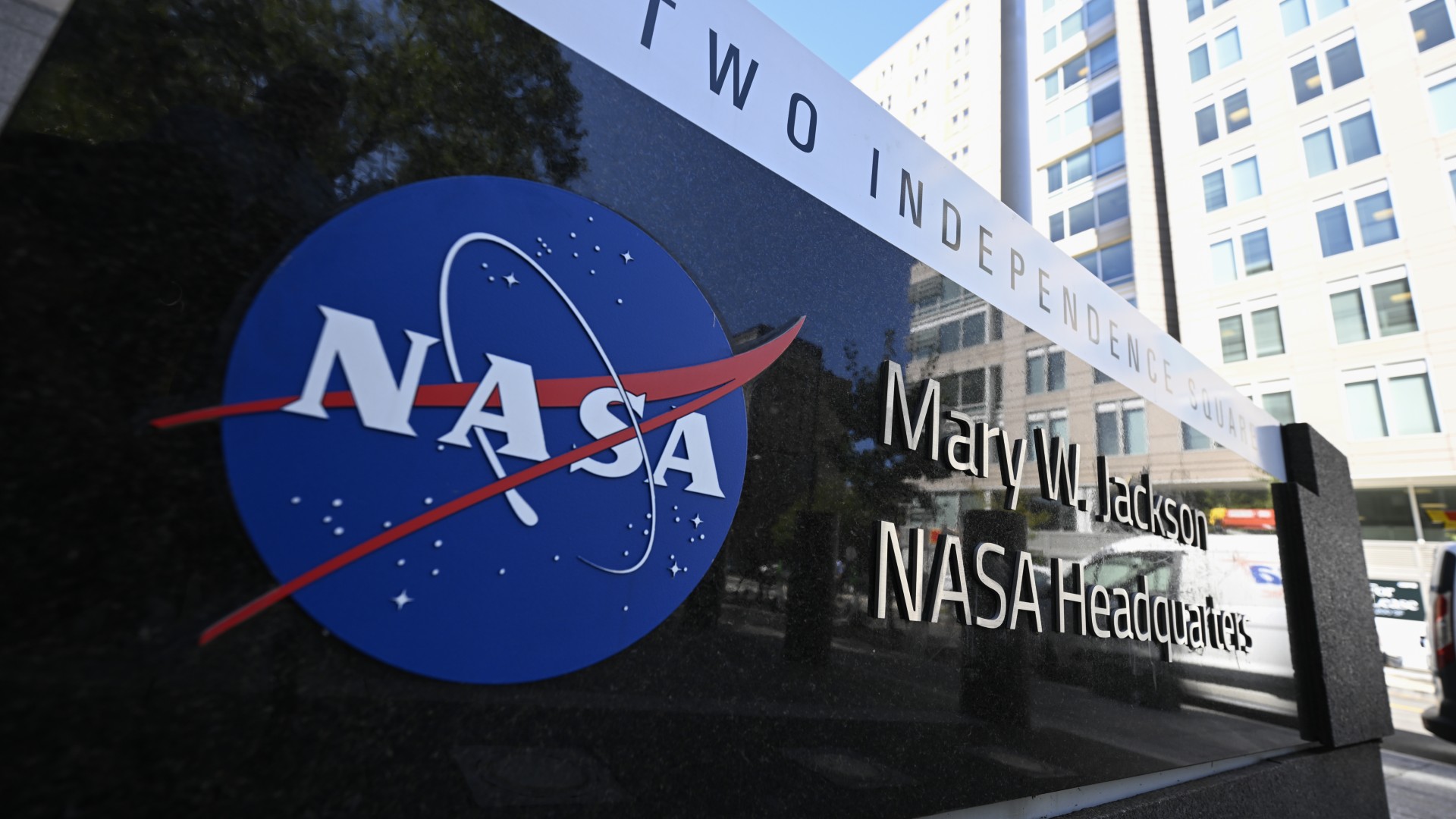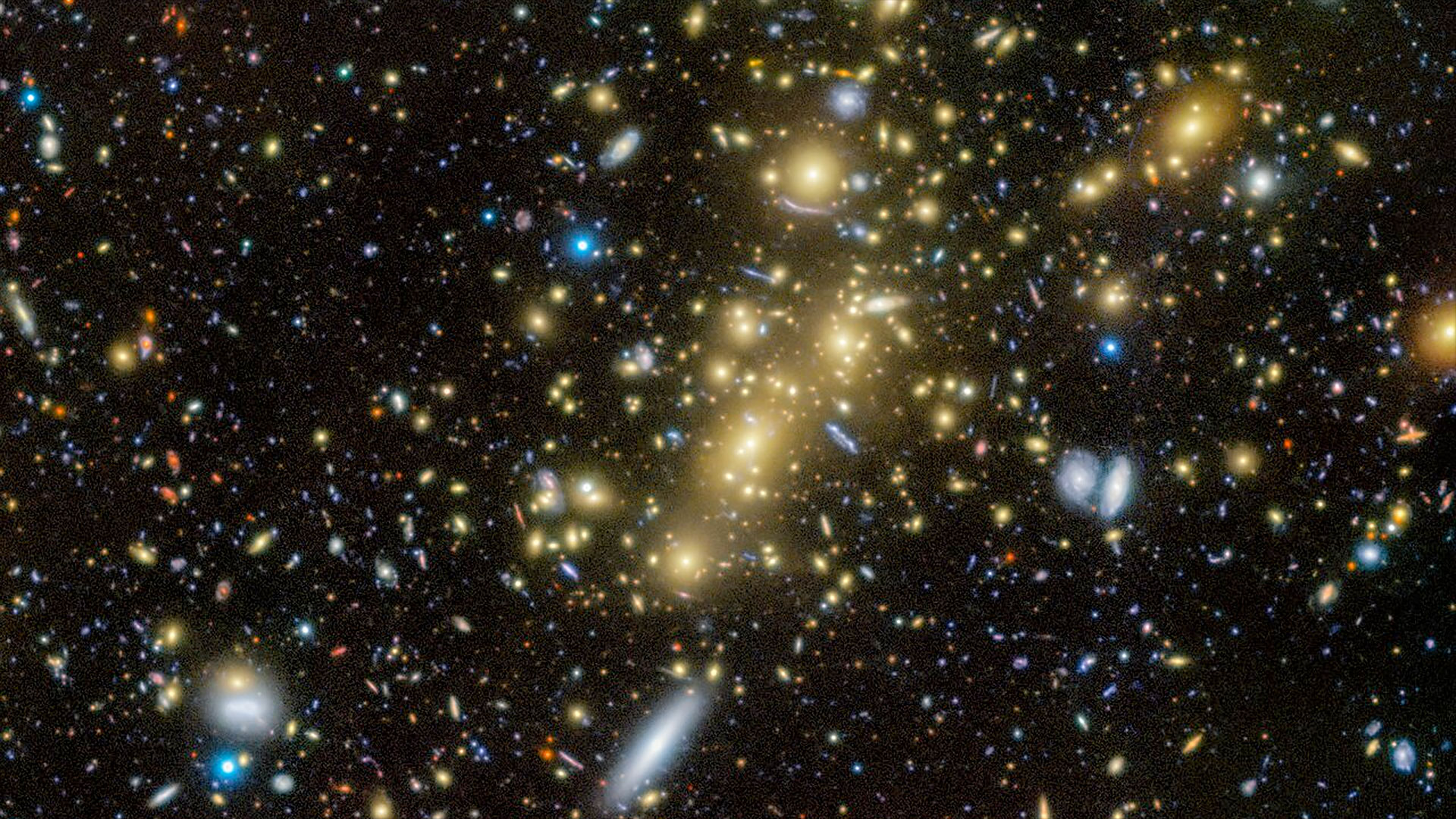Out-of-This-World Vostok Space Beer Bottle Could Bring Suds to Zero-G
First, they made space beer. Now, they want a special bottle for astronauts to drink the brew in microgravity.
Australian beer company 4 Pines Brewing and space-engineering firm Saber Astronautics Australia are building a special bottle for their pioneering "Vostok Space Beer, which was named after the vehicle that cosmonaut Yuri Gagarin rode to orbit in April 1961. The companies are asking for $1 million on Indiegogo to make the design a reality. (As of Wednesday, May 9, just 3 percent of that total had been raised, with 23 days to go.)
Participants in the Indiegogo campaign can buy a prototype of the beer bottle for themselves; the two companies are using the fundraising campaign to market the bottle and to let the public join the research effort. The funds will be used to complete the industrial design of the bottle and to fund people researching it in flight, the companies told Space.com in an email. [We Tasted These Awesome Space Beers Just for You]
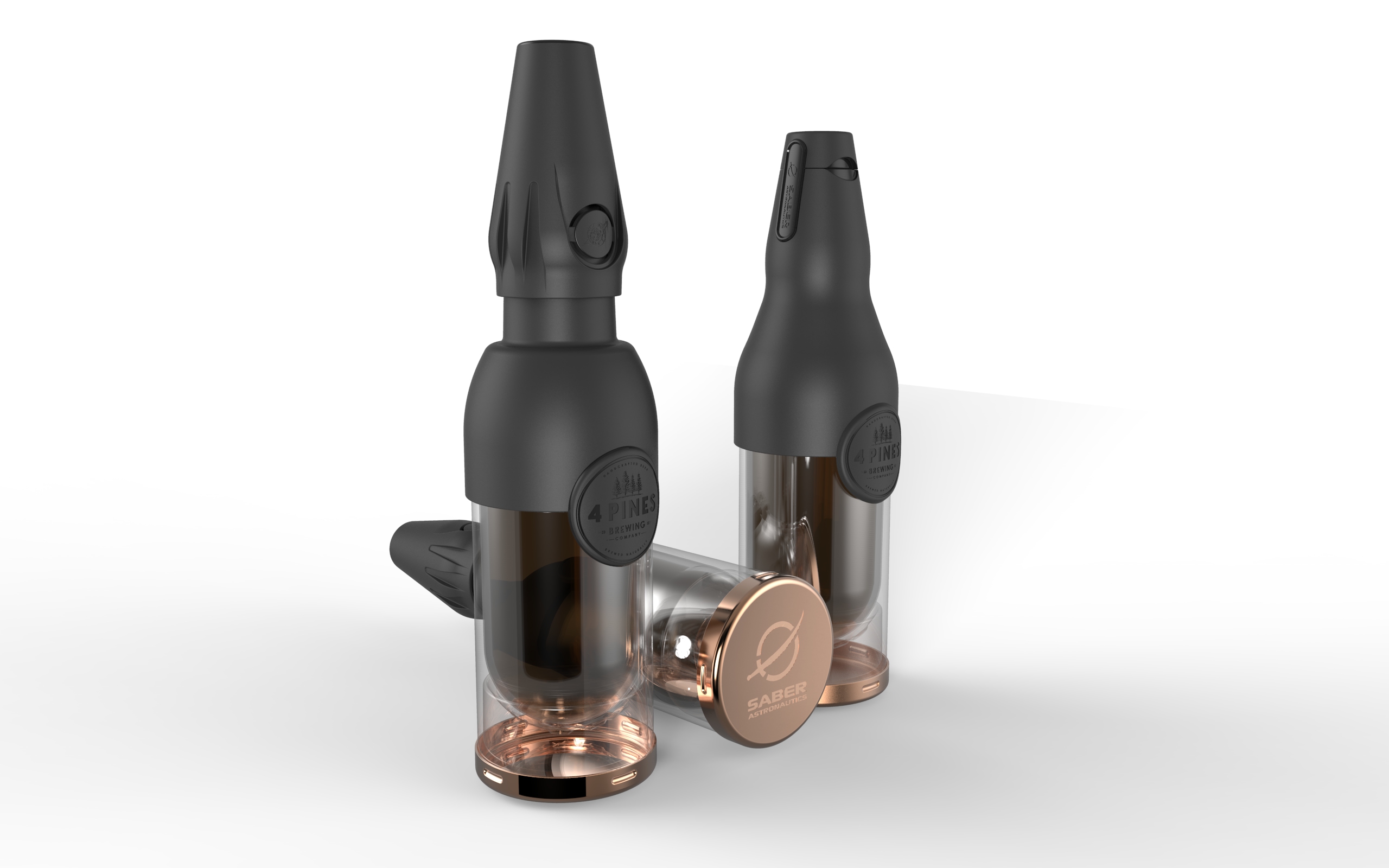
This work is the next step in a long-standing venture that has seen the two partners create a beer for microgravity and then test it during parabolic flights here on Earth with the aid of nonprofit space research corporation Astronauts4Hire.
"Beer is the No. 1 entertainment drink in human history," 4 Pines co-founder Jaron Mitchell and Saber Astronautics CEO Jason Held told Space.com in a joint email.
"To have a beer in space is a statement, because you would only do it when you're comfortable enough to be off duty," they added. "Having a casual brew in space says, 'We're here, and we're here to stay.'"
Get the Space.com Newsletter
Breaking space news, the latest updates on rocket launches, skywatching events and more!
The partners quickly acknowledged that today's professional astronauts have strict limits on alcohol in space. NASA astronauts, for example, don't consume any at all.
"NASA is right to be conservative, since alcohol can be abused and the body's limits in space are still being studied," Mitchell and Held wrote. "So, this research is not just to make a beer to enjoy, but also to learn how people's drinking limits change in microgravity. Knowing these limits is the only responsible way to allow explorers to drink under any condition. Because if anyone deserves a good beer, it's them." [Space Food Evolution: How Astronaut Chow Has Changed (Photos)]
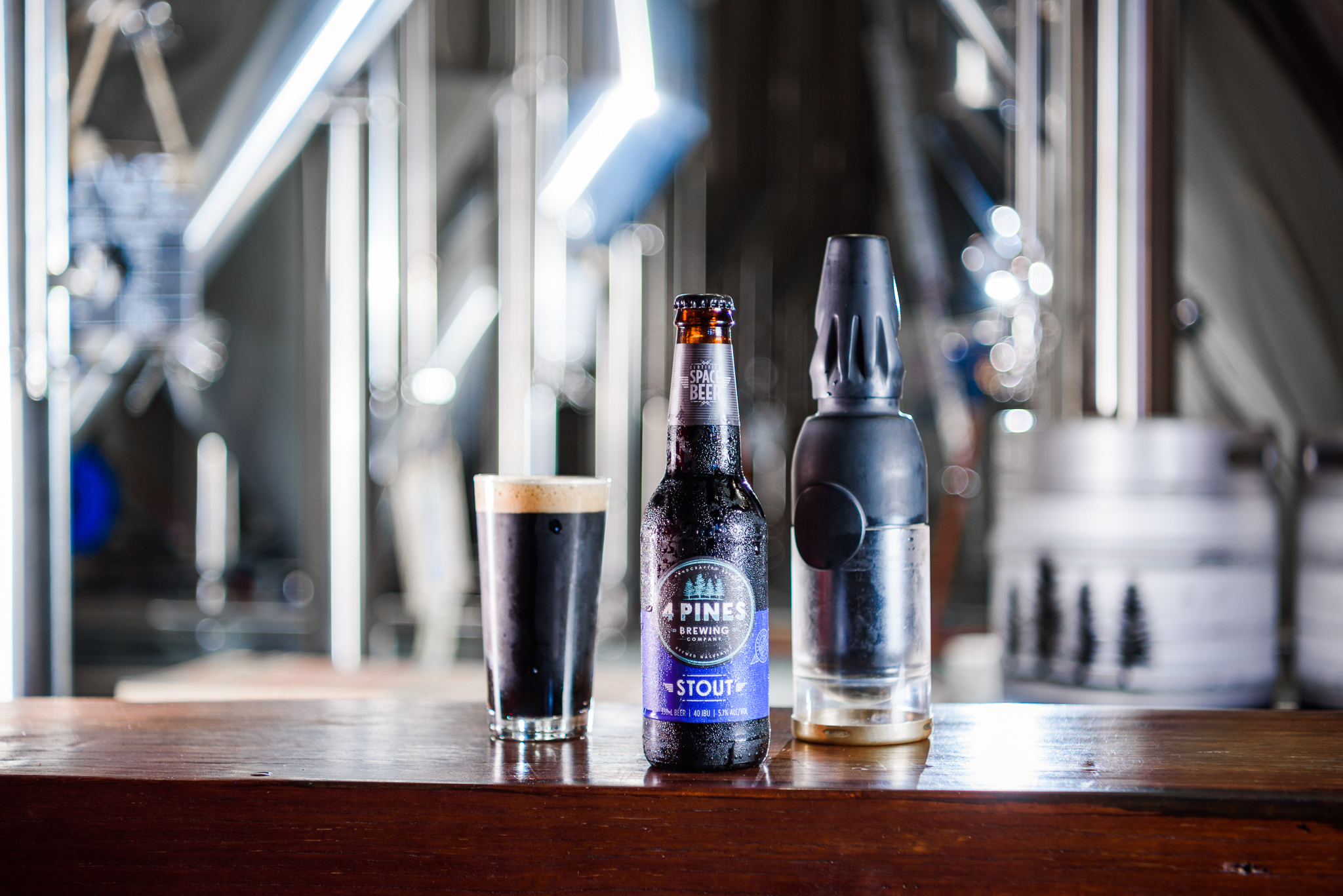
Building on past research
There have been other space-based beer experiments in the past. For example, a spaceA shuttle experiment examined beer fermentation, while hops and barley have been grown in the Russian Zvezda module on the International Space Station. The Russians even had freeze-dried beer during the early days of the space program, Mitchell and Held said. "As you can imagine," the two added, "this was not a very popular option."
With Vostok, which is a stout, the two companies are trying to improve on the drinkability of space beer. Mitchell and Held described Vostok as a "lower-carbonation beer with high flavors. The carbonation is low enough to be comfortable to drink, but high enough to still be able to taste on the tongue." As research continues, the Vostok project will measure beer absorption rates in different levels of gravity to see if there is a difference compared to the normal 1 g on Earth, the two men added.
The researchers have also placed importance on allowing astronauts to drink the beer without a straw, reasoning that spaceflyers would want a bottle that "reminds them of their experience drinking on Earth." The companies have achieved this through their bottle's passive feed system, which uses surface tension; it moves beer from the bottle's bottom to its mouth, where astronauts can enjoy the drink, Mitchell and Held said.
The bottle design has already undergone several rounds of testing. For example, various versions of it were dropped from a height of 75 feet (23 meters) to evaluate how well the beer inside maintained surface tension on glass, plastic and stainless steel. A simulation study and fluid-flow analysis were performed to look at the bottle's wicking insert, which is responsible for the passive movement.
And in a parabolic flight with Zero Gravity Corp., in which the companies achieved brief but repeated periods of microgravity conditions, they validated beer flow using the initial bottle prototype. The people on board tested PLA 3D-printed plastic and medical-grade stainless steel. "The PLA plastic won out," the men wrote.
"The current focus is on the bottle mouthpiece," they added. "There are two bottle designs which have had several rounds of industrial design with prototypes and are ready for the next parabolic flight scheduled for early next year."
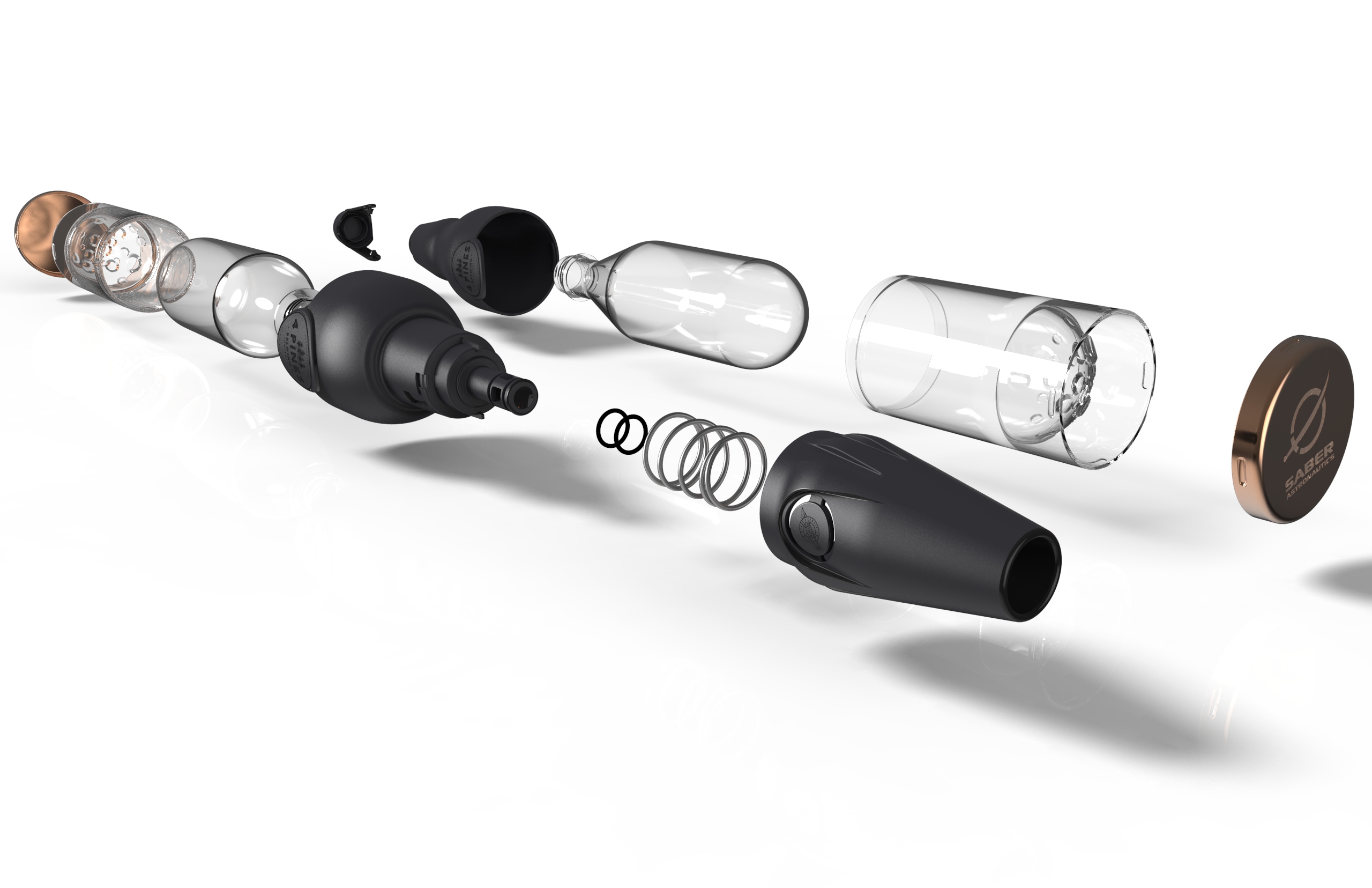
Interest from suborbital space ventures
The beer bottle is a 50-50 joint venture between Saber and 4 Pines. Each company contributed $40,000 in seed funding to start the beer. Since then, the project has been fully funded using proceeds from the 4 Pines stout beer, which sells in 5,000 stores around Australia. (More distribution is coming to the United States and United Kingdom shortly, the men added.)
4 Pines does all the brewing, with advice from Saber about how to modify the recipe for space. Saber manages the bottle research and development, test flights and engineering, with 4 Pines advising Saber on beer filling and other mechanical needs for the bottle design.
So, how soon could astronauts have suds in space? It might be a while. The partners haven't asked any space agency for help yet with the bottle design — "We don't need it," Mitchell and Helm said — but they added that they are open to working with any space agency that wants to study alcohol consumption.
As for companies aiming to launch space tourists, "We have had some casual interest from suborbital flight providers in the past," the men wrote. "This is not something we push too hard, because we are respectful of their need to get to flight first before worrying about the onboard drinks. But they know we're here, and once they're flying, the Vostok beer bottle will simply be ready."
Learn more on the campaign's Indiegogo page here: https://www.indiegogo.com/projects/vostok-space-beer#/.
Follow us @Spacedotcom, Facebook or Google+. Originally published on Space.com.
Join our Space Forums to keep talking space on the latest missions, night sky and more! And if you have a news tip, correction or comment, let us know at: community@space.com.

Elizabeth Howell (she/her), Ph.D., was a staff writer in the spaceflight channel between 2022 and 2024 specializing in Canadian space news. She was contributing writer for Space.com for 10 years from 2012 to 2024. Elizabeth's reporting includes multiple exclusives with the White House, leading world coverage about a lost-and-found space tomato on the International Space Station, witnessing five human spaceflight launches on two continents, flying parabolic, working inside a spacesuit, and participating in a simulated Mars mission. Her latest book, "Why Am I Taller?" (ECW Press, 2022) is co-written with astronaut Dave Williams.
